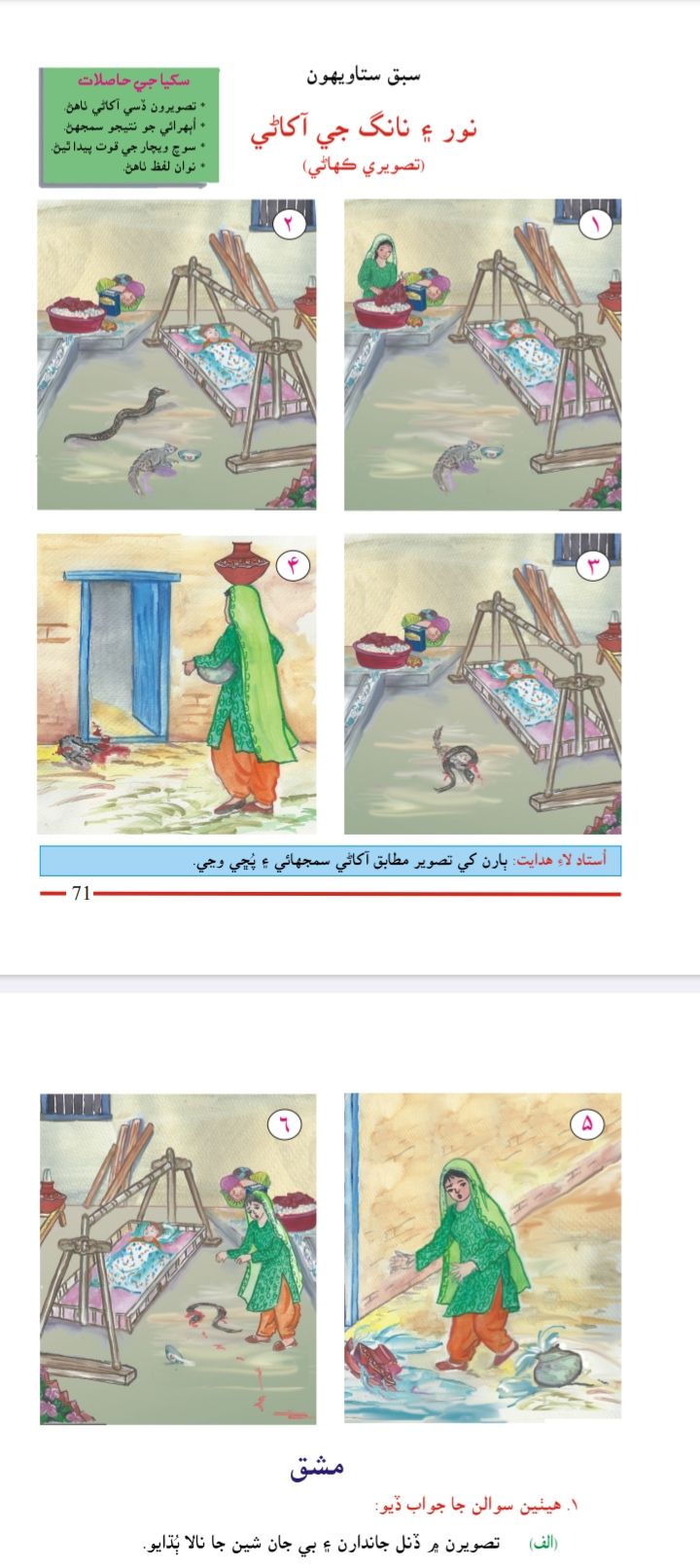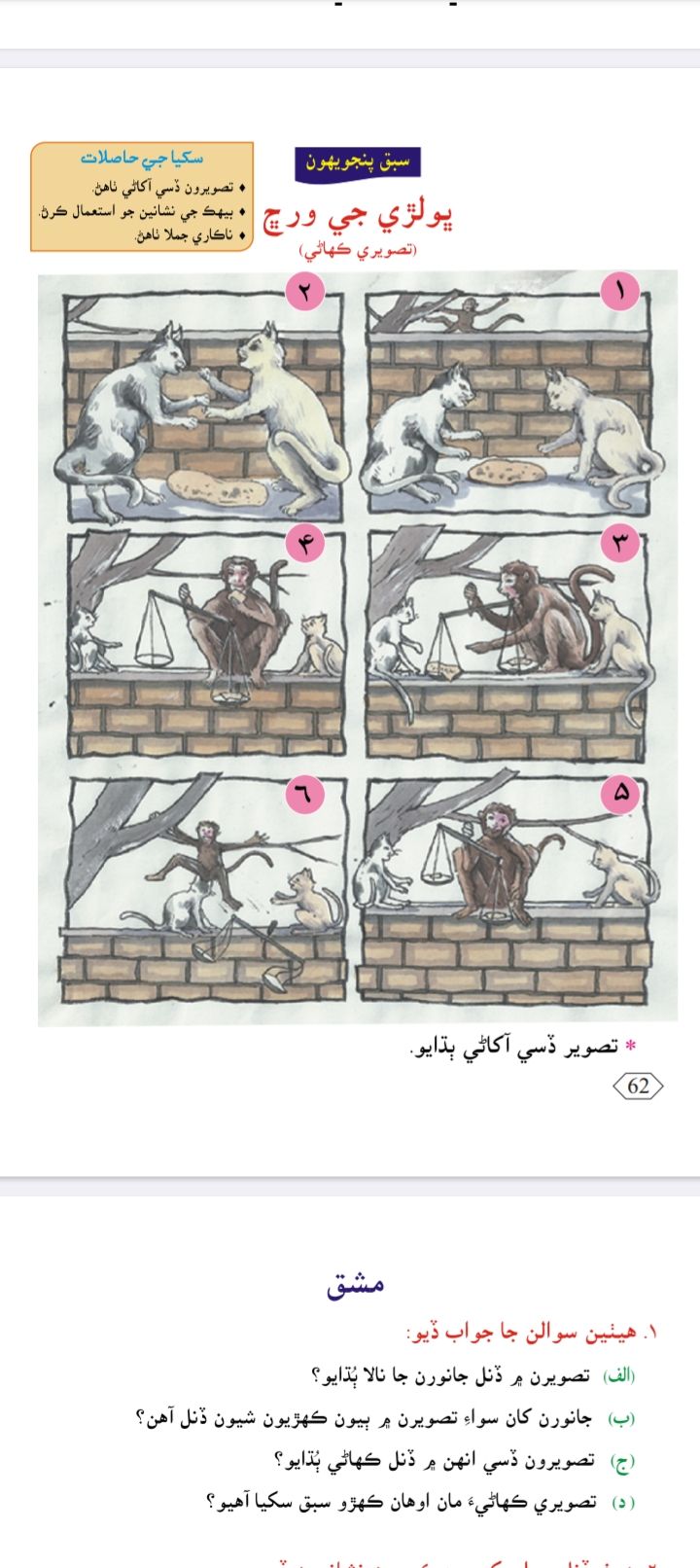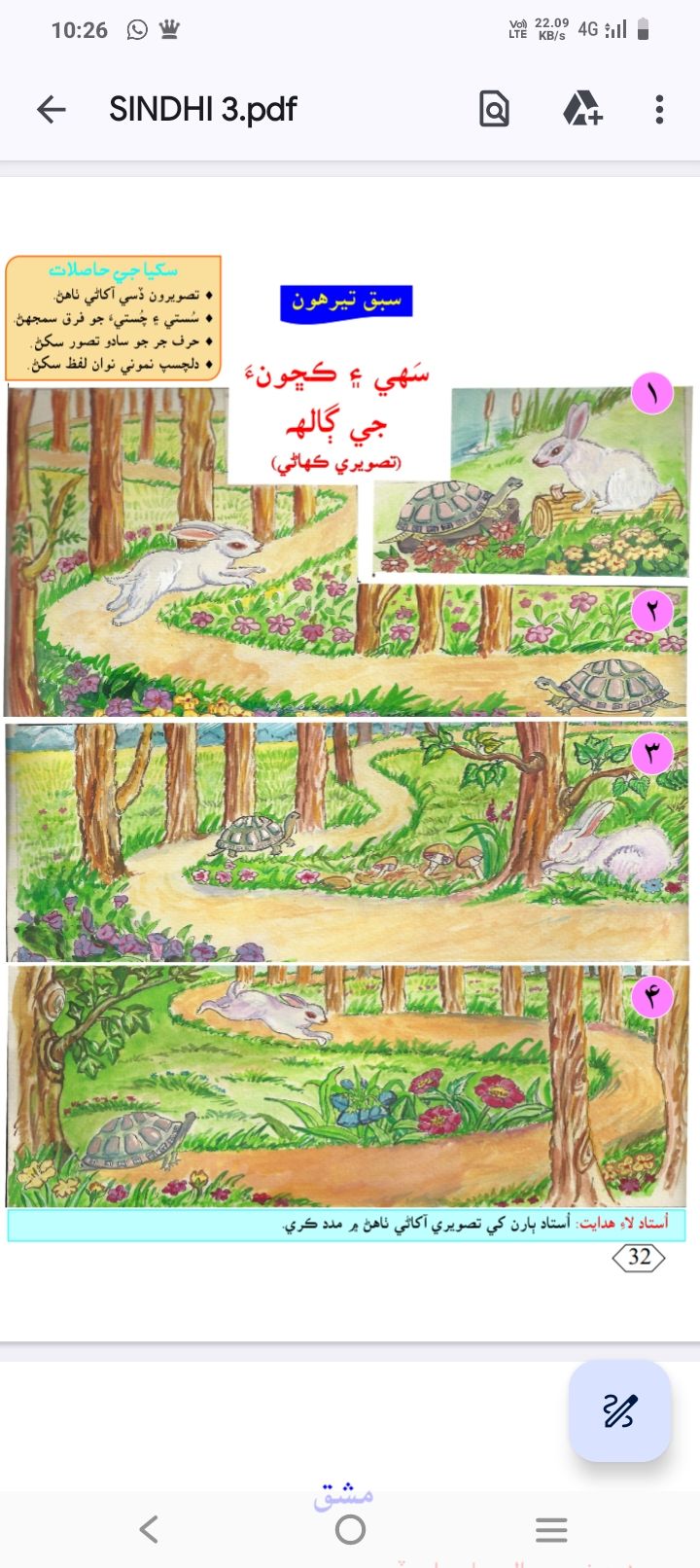ICT (Information and Communication Technology) refers to the integration and use of telecommunications, computers, software, and audiovisual systems that enable users to access, store, transmit, and manipulate information.
ICT (Information and Communication Technology) can be categorized into different levels based on the complexity and integration of technology in education.
Level 1: Basic ICT Literacy
Focus: Familiarization with basic ICT tools.
Activities: Learning to use computers, basic software (e.g., word processors, spreadsheets), and basic internet skills.
Goal: Develop foundational ICT skills.
Level 2: ICT Integration
Focus: Using ICT to enhance teaching and learning.
Activities: Integrating ICT tools into various subjects, using educational software, and incorporating multimedia resources.
Goal: Improve educational outcomes by integrating technology into the curriculum.
Level 3: ICT Transformation
Focus: Transforming educational practices through ICT.
Activities: Utilizing advanced technologies (e.g., coding, robotics, online collaboration tools), creating digital content, and fostering digital literacy.
Goal: Innovate and transform the educational experience, promoting critical thinking, creativity, and problem-solving skills.
These levels reflect a progression from basic ICT skills to more advanced and transformative uses of technology in education.
What level of ICT integration do you currently use in your classroom? Share your experiences and thoughts on how we can move towards ICT Transformation together!


